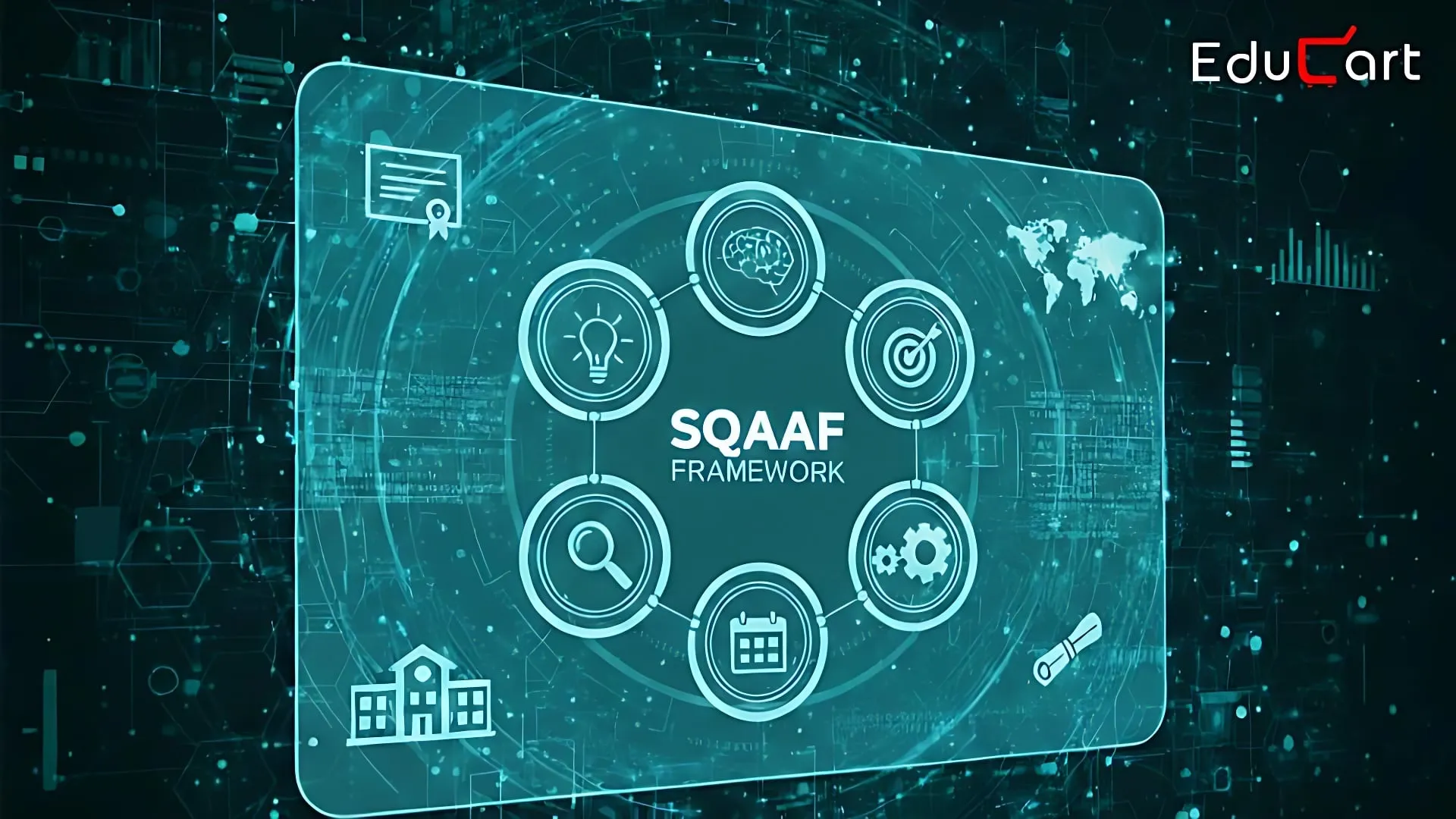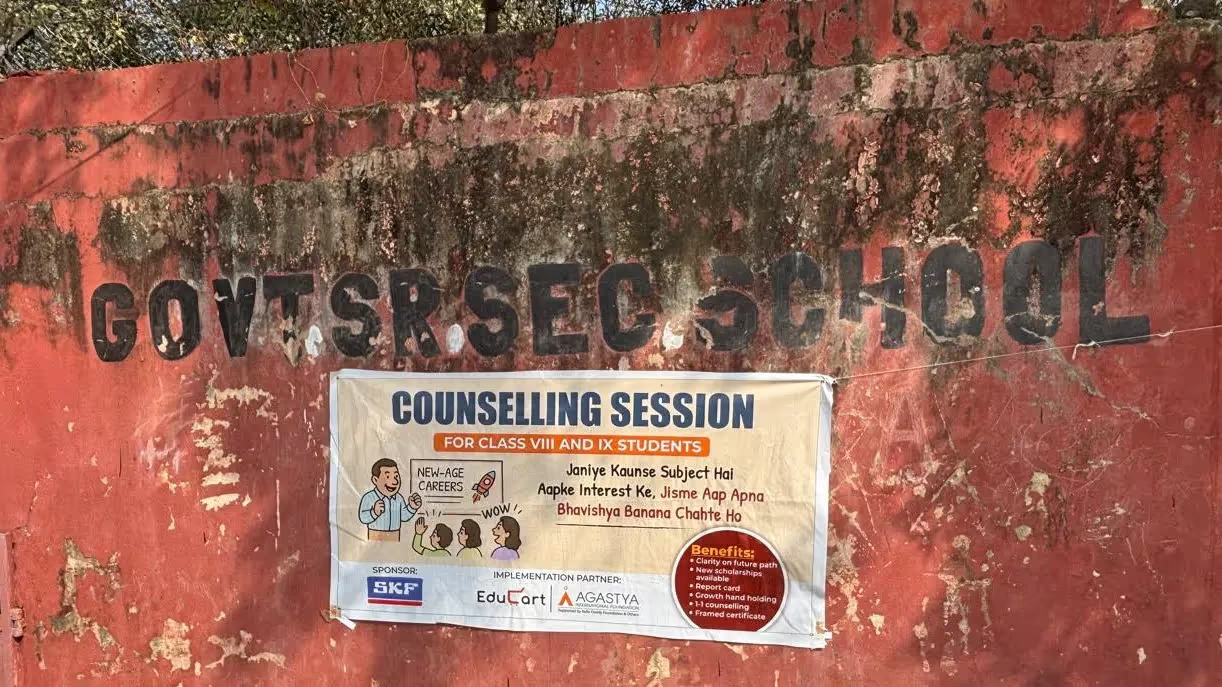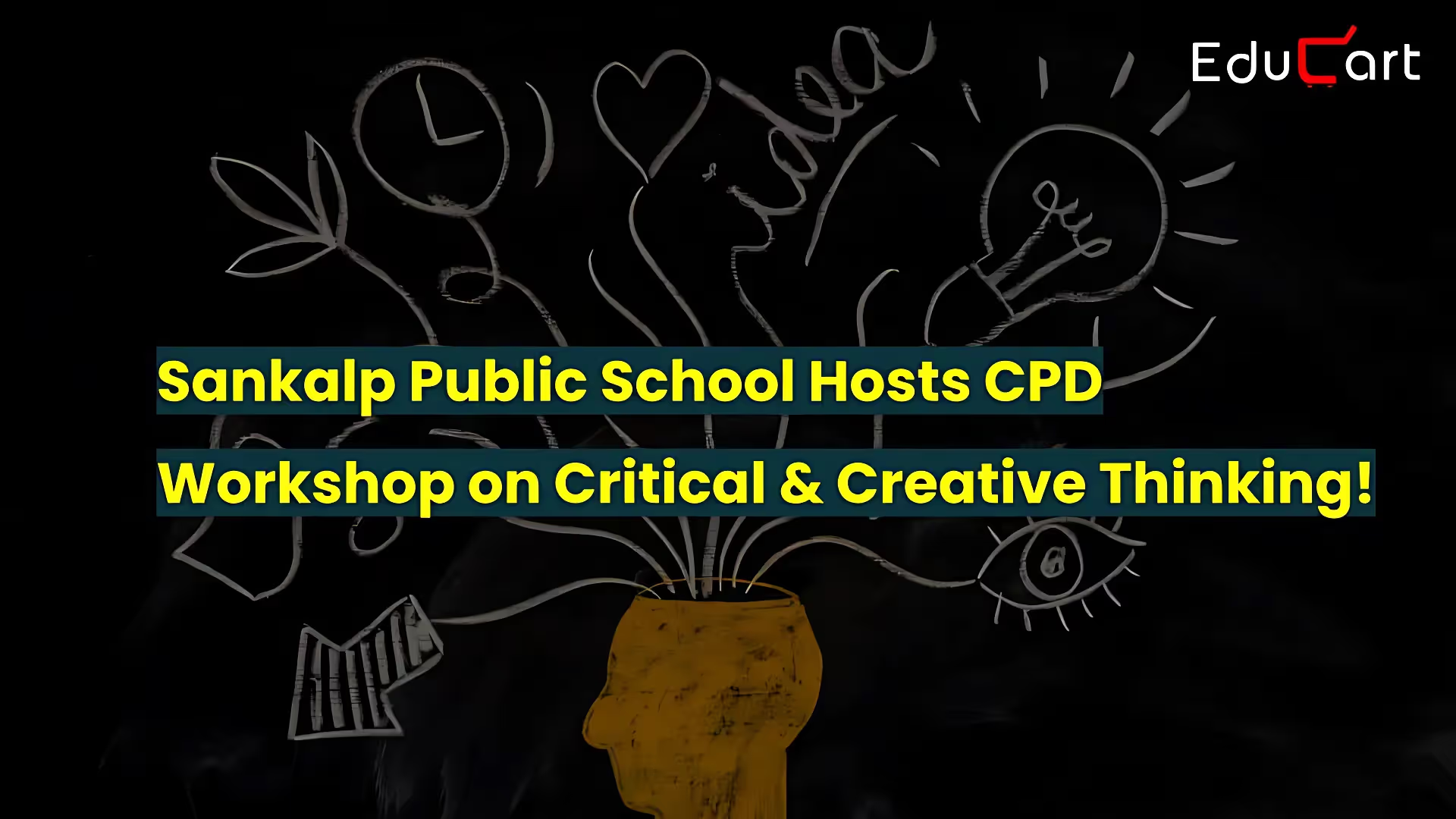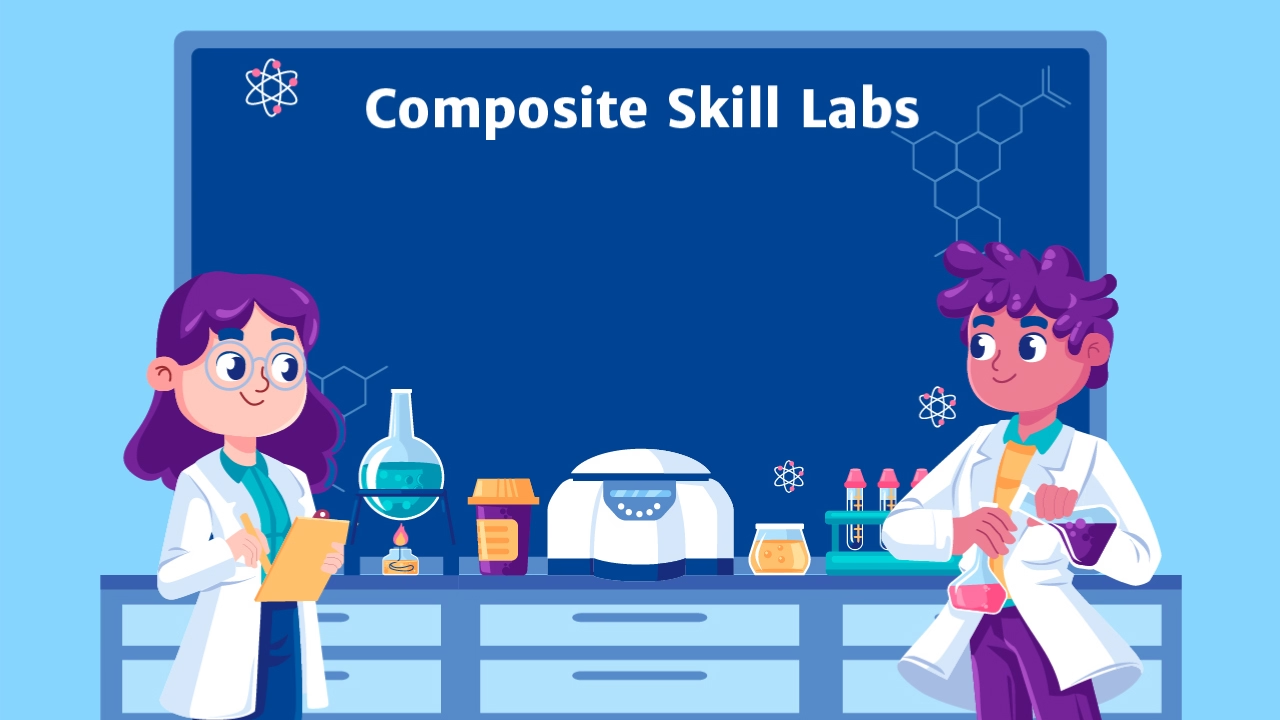6 Best Memory Techniques for Students
There are significantly 6 Memorization Techniques for Students to ensure what you learn stays with you for a long time
Memory is flawed. We often find ourselves in situations where we can not recall information. According to researchers, we lose 90% of everything we learn immediately after learning it.
This Unrecallable information is due to the concept of Rote memorization (to remember the information by repeating it as many times as possible) that most of the students have adopted. Learning without any context is what hinders the process of instant recalling.
When we are exposed to new information, in no time does the information become useless to us. We are in this constant cycle of forgetting. For students, it is the most important topic of concern. So, how exactly do we prevent all the information from falling once we enter the exam halls?
There are significantly 6 strategies to ensure what you learn stays with you for a long time.
Strategies to help you retain information
In addition to visual and spatial technique, there are other ways which can help you to remember multiple information. These are some popular techniques which can be implemented by students to recall information during tests and exams.
Use the Italian Tomato Clock
Pomodoro technique says, focus on tomatoes rather than time. Confused! Let’s find together, what pomodoro technique is. Pomodoro is a word which is used for tomatoes in the Italian language. It is a time management method which helps in focused/ undistracted study. This can be rewarded to you by a short and controlled break.

If you have to procrastinate, do it smartly. Set 25-30 minutes of intense study session and then rest for five minutes. This method aims to minimize distraction and boost productivity. Our ability to retain information narrows after 30 minutes anyways. So, rather than forcing yourself to study more, take a break after a 30 minute study session with healthy snacks to munch on.
Spaced Repetition
Repetition of information over incremental time intervals. Hermann Ebbinghaus, a 19th century psychologist states that instant recall has a hundred percent information retention. But as little as an hour later, you could only recall 44% of that information.

This is where spaced repetition comes in to save us. Reviewing material intermittently slows down the deterioration of memory as time passes.
Make notes right after your lecture and ask any doubts and questions you may have. And, before exams, make flashcards and revise through it every few days. Check how to create social science notes and flashcards here. This will help you retain information for a longer duration.
Active Reiteration
Teach what you have learned to someone else. By doing this, you’ll be forced to summarize, analyze and draw conclusions. Use the simplest terms possible while doing so, this will help you remember the content for a longer duration. While teaching, the brain kicks your memory absorption into high gear.
Learn Through Writing
Studying using paper makes it easier to focus and highlight, annotate and write in the margins. It also helps the students develop their spatial memory (recall a certain bit of information by where it is in the book).

Using paper reduces our chances of getting distracted. There won't be any outside websites tempting our eyes away from where they are supposed to be- Studying!
Stay Healthy
Our mental health depends a lot on eating right and staying in shape. Dehydration makes your mind wander or can let you propel into panic mode out of hunger. Maintain a steady diet and avoid foods that are high in sugar as they will cause you to crash.
Consuming too many calories makes you sluggish, forcing you to stay away from books. Eat good food, exercise regularly as it helps to restore your mental energy for learning.
Scrutinize, Connect, and Elaborate
Learning is no static activity. Our brain makes continuous connections between the information we learn and the one we already know. By examining the details of the information we allow our brain to have a better grasp at what we learn. Developing a work knowledge of the details help to provide our brain a framework for learning.
And, when we connect the information with the information already stored in our memory, then our mind will remember the particular similarities within the process.
Conclusion
If we know how the brain functions, we can definitely make our study time more fruitful. Incorporating these strategies into learning habits improves the ability to recall what we have learned. They will make sure that when you enter the exam hall, you’ve never been more well prepared.

.svg)










.avif)








%20(1).avif)


















